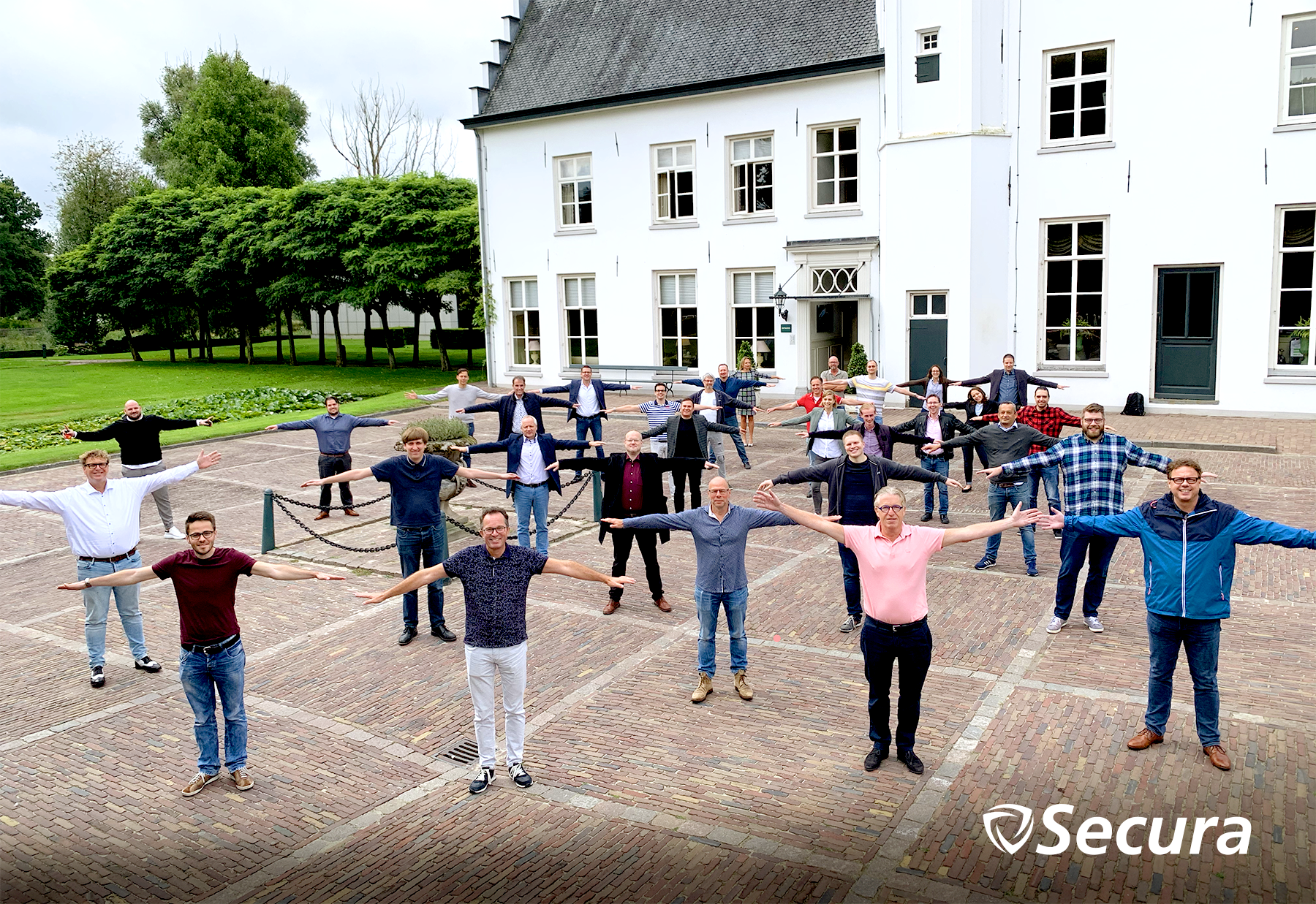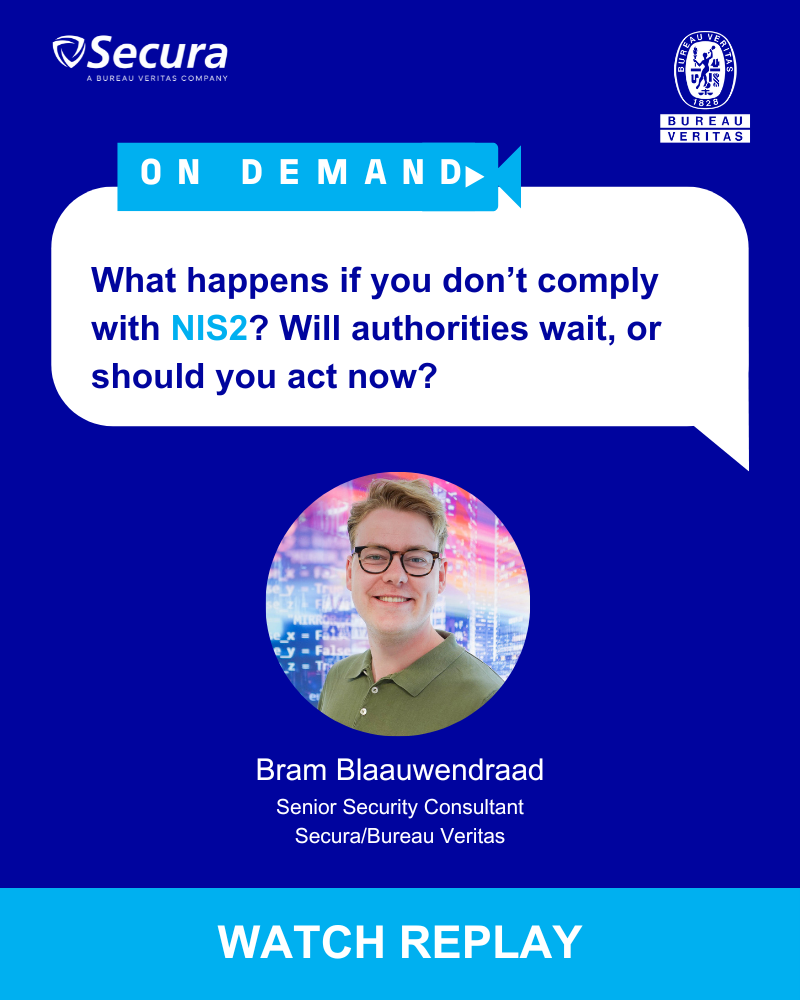Oops...
Sorry this page isn't available
The link you followed may be broken, or the page may have been removed.
Latest News

Cybersecurity: Core or Cover?
Too often, security is an afterthought. But waiting until vulnerabilities appear is costly and ineffective. In this article, Dirk Jan van den Heuvel, Managing Director at Secura / Bureau Veritas Group, shares his opinion.

Is the Software Bill of Materials (SBOM) the security game-changer supply chains have been waiting for?
Supply chain attacks are on the rise, but many organizations aren’t ready to address them. In this article, Gonda Lamberink, cybersecurity executive at Bureau Veritas, explains how SBOMs will help you prepare for future supply chain threats.
Contact us










